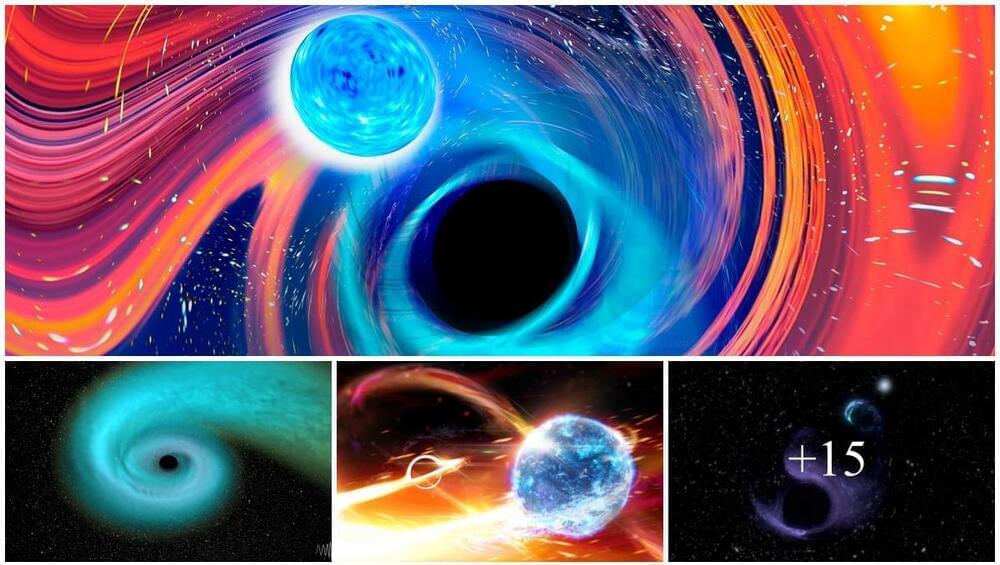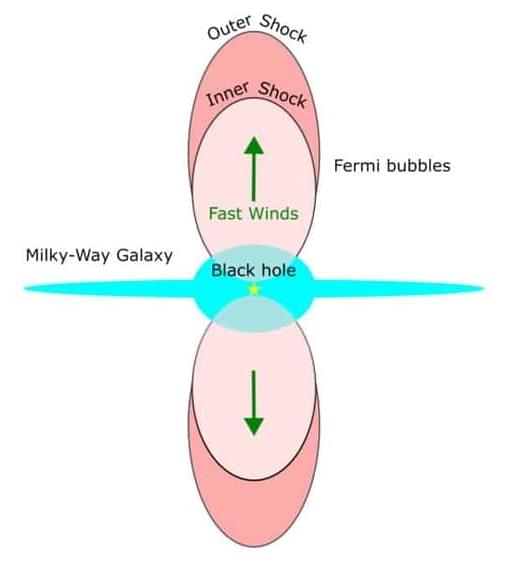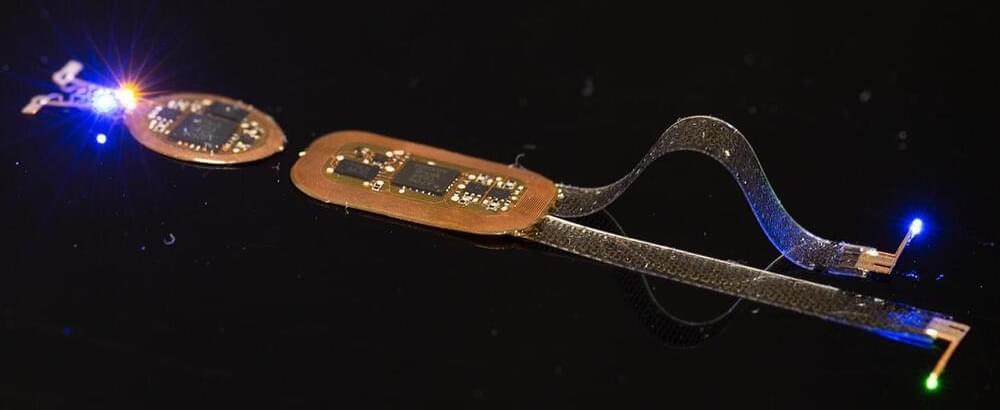The Covid omicron XBB.1.5 variant is rapidly becoming dominant in the U.S. because it is highly immune evasive and appears more effective at binding to cells than related subvariants, scientists say.
XBB.1.5 now represents about 41% of new cases nationwide in the U.S., nearly doubling in prevalence over the past week, according to the data published Friday by the Centers for Disease Control and Prevention. The subvariant more than doubled as a share of cases every week through Dec. 24. In the past week, it nearly doubled from 21.7% prevalence.
Scientists and public health officials have been closely monitoring the XBB subvariant family for months because the strains have many mutations that could render the Covid-19 vaccines, including the omicron boosters, less effective and cause even more breakthrough infections.






